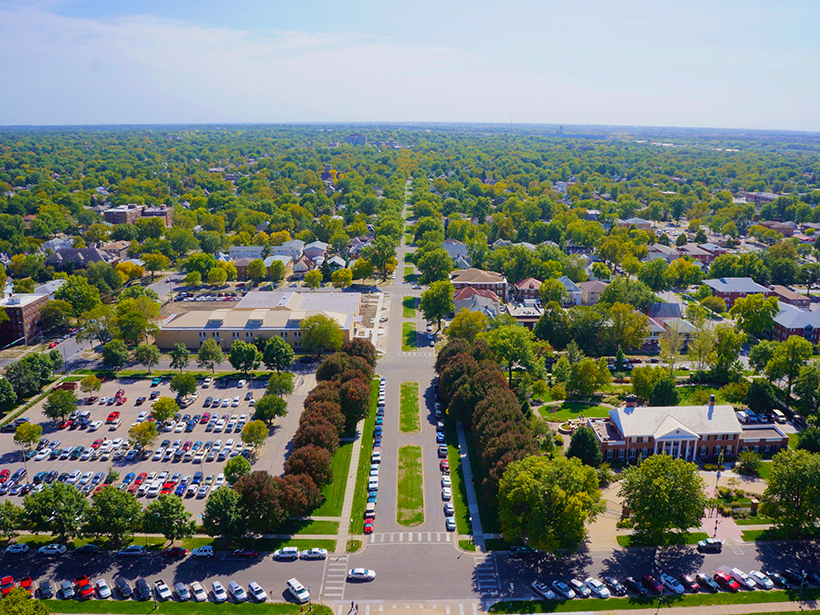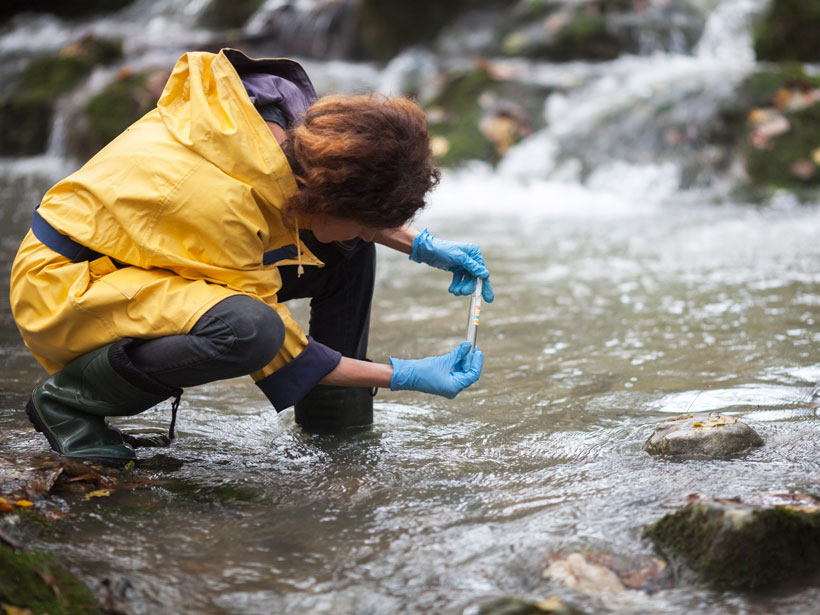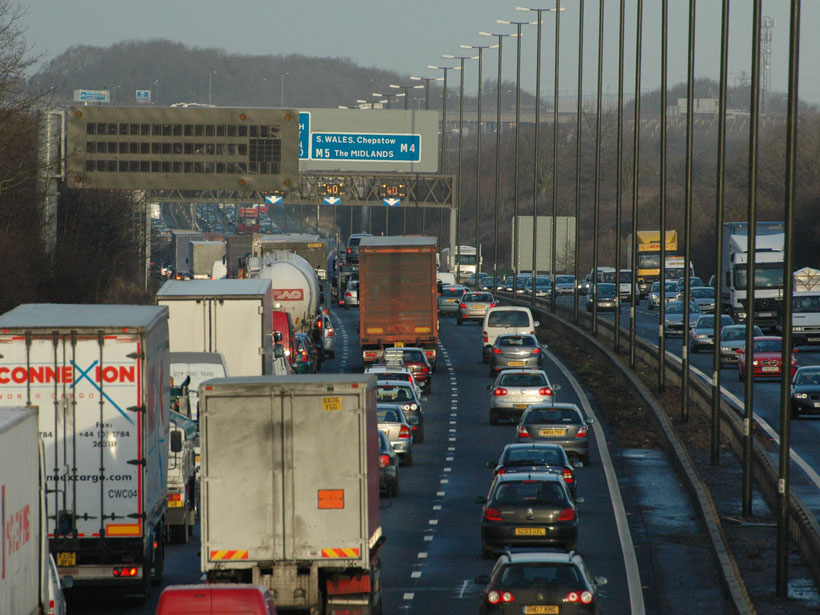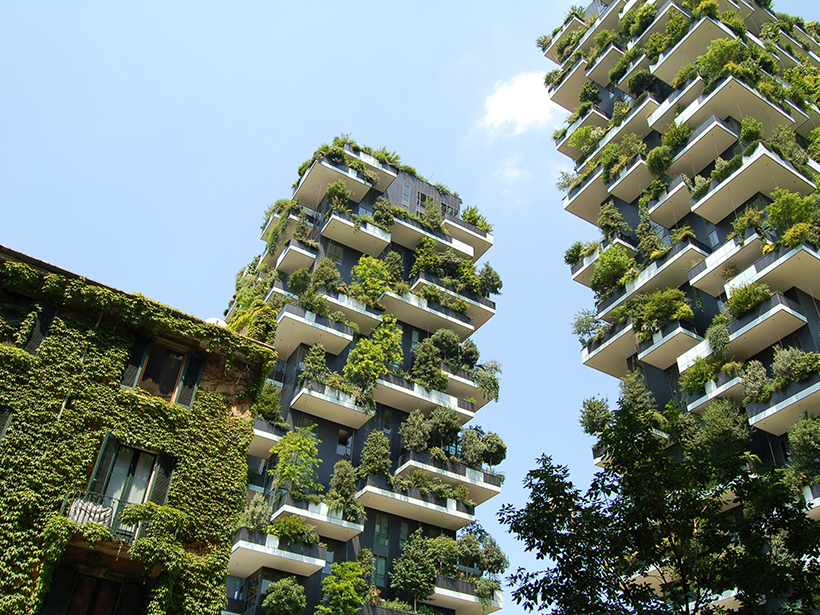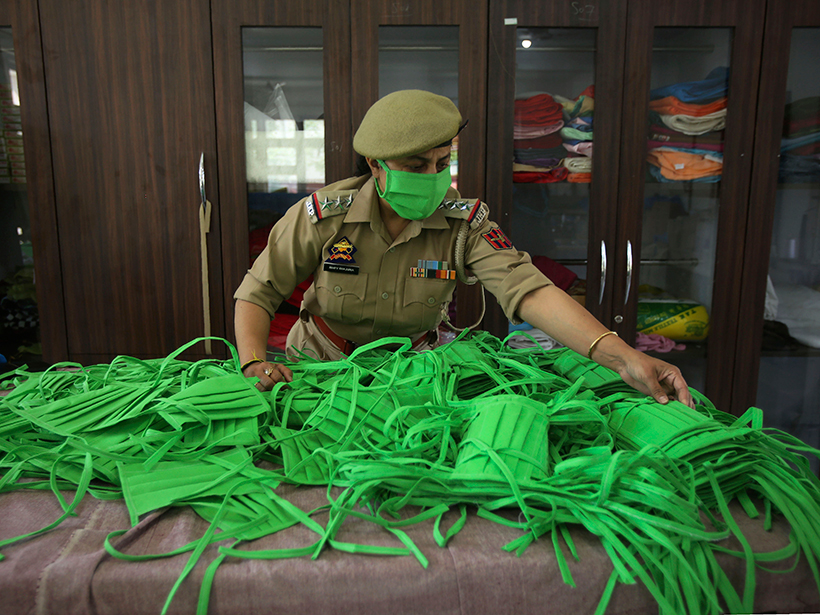People untroubled by climate change are more likely to forgo masks in public.
public health
Geoscientists Help Map the Pandemic
Data visualization and mapping are valuable tools in the fight against COVID-19. Geoscientists can help healthcare workers and shape public policy.
Tear, Don’t Cut, to Reduce Microplastics
Laboratory experiments reveal the numbers and types of microplastics produced by tearing, scissoring, and cutting everyday items.
The Coronavirus Hurts Some of Science’s Most Vulnerable
Early-career researchers hang in the balance of coronavirus uncertainty.
The Climate and Health Impacts of Gasoline and Diesel Emissions
New research tallies the effects of gas- and diesel-burning vehicle emissions on the climate, as well as on human health. Together, the emissions cause more than 200,000 premature deaths each year.
Eight Lessons from COVID-19 to Guide Our Climate Response
The global response to the ongoing pandemic can teach us how we should, and shouldn’t, respond to the climate crisis. And most important, it shows that we can do something.
How to Turn Our Cities Into Treetopias
We are and will continue to plant more street trees, urban groves and informal clusters of trees in our parks and green spaces. Treetopia has begun.
Oktoberfest’s Methane Rise Is the Wurst
Incomplete combustion and biogenic emissions—exhalations and flatulence—make Oktoberfest a significant, albeit temporary, source of the potent greenhouse gas.
Geohealth: Science’s First Responders
At the intersection of human health and the environment, the emerging field called geohealth can teach us how not to repeat mistakes made in past disasters.
Coronavirus Lockdown Brings Clean Air to Spanish Cities
Measures against the spread of the new coronavirus have an unexpected side effect: record-low air pollution levels.


